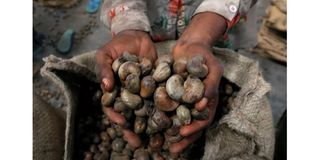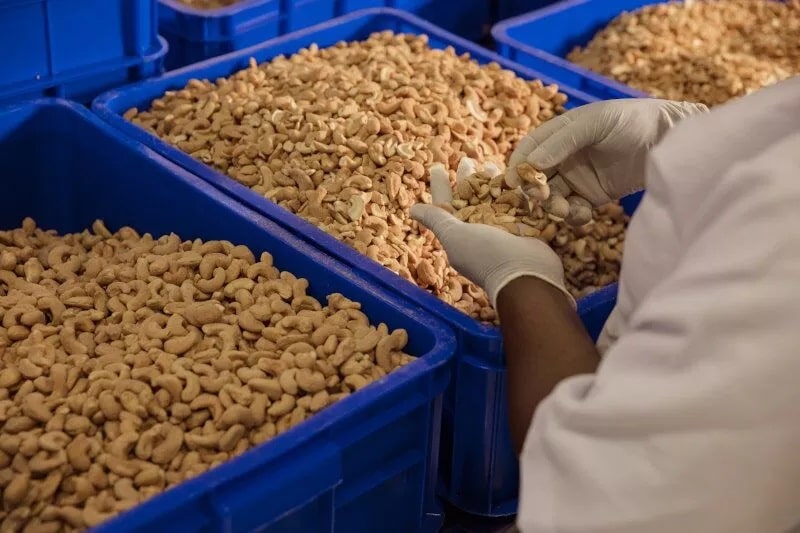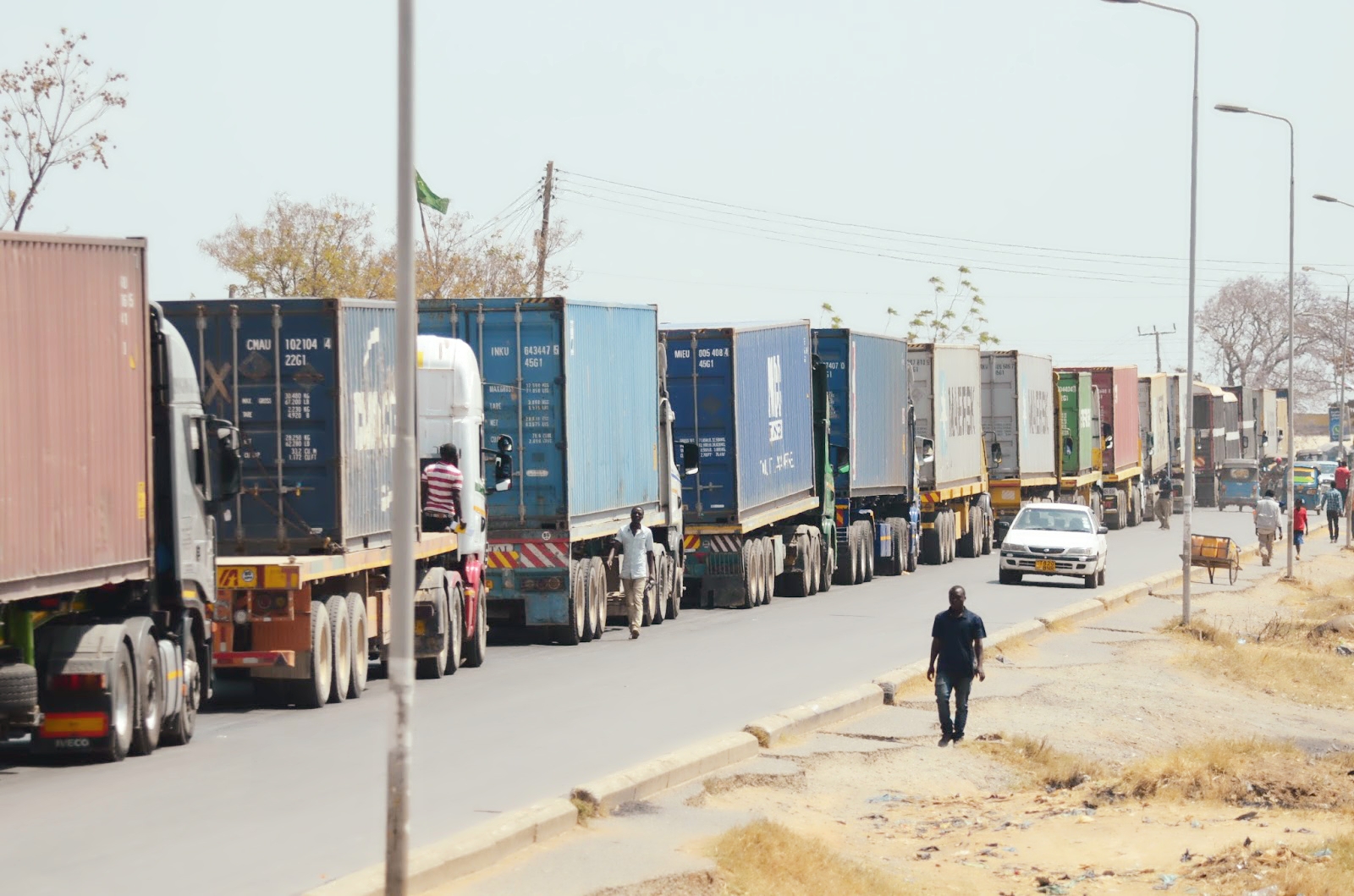Prime
How Coop Bank plans to tackle unlicensed middlemen exploitation

What you need to know:
- To address this, Coop Bank Tanzania has introduced a series of financial models designed to empower farmers, guarantee fairer pricing, particularly during the critical post-harvest period when many await payments after depositing produce through the Warehouse Receipt System
Dar es Salaam. Coop Bank Tanzania has unveiled strategic financial solutions aimed at tackling kangomba—a widespread exploitative practice affecting cashew farmers in Tanzania’s southern regions.
In the local cashew trade, kangomba refers to the informal and often exploitative practice where unlicensed middlemen purchase raw cashew nuts (RCN) from farmers before the official marketing season begins, typically at prices far below those set at formal auctions.
Despite multiple government interventions through the Cashew Nut Board of Tanzania (CBT) promoting structured auctions and encouraging direct sales to domestic processors, the practice remains deeply entrenched.
To address this, Coop Bank Tanzania has introduced a series of financial models designed to empower farmers, guarantee fairer pricing, particularly during the critical post-harvest period when many await payments after depositing produce through the Warehouse Receipt System (WRS).
CBT’s Head of Credit, Ms Imaculatha Maro, announced the measures in the lead-up to the bank’s official inauguration, scheduled for April 27-28 2025 at the Jakaya Kikwete Convention Centre in Dodoma.
The event is expected to be officiated by President Samia Suluhu Hassan.
Ms Maro said the bank will provide input financing to enable farmers to access agricultural equipment, including tractors and power tillers, and to prepare their land ahead of the planting season.
In addition, Coop Bank will offer post-harvest loans, bridging the gap between harvest and final payment.
“This package has been introduced to close the financial gap caused by payment delays. Coop Bank Tanzania will offer special subsistence loans to support farmers as they wait for proceeds from auctions,” she said.
She noted that the exploitative nature of kangomba stems largely from farmers’ urgent need for cash to meet socio-economic needs, such as paying school fees, medical bills, or purchasing food, compelling them to sell produce prematurely and at lower prices.
“The post-harvest financing model is tailored to address these challenges. It is transparent and straightforward,” she stressed.
Under the model, CBT will calculate advances based on expected auction prices.
For instance, if the price per kilogramme of RCN is Sh4,000 and a farmer submits 3,000 kilogrammes for auction, the bank will guarantee a payout not exceeding Sh12 million into the farmer’s account, pending final payment after auction.
Among the bank’s four initial branches, the Tandahimba branch stands out for its strategic location in one of the country's leading cashew-growing areas and its connection to major shareholders.
Other branches are located in Dodoma (where the headquarters is based), Kilimanjaro, and Tabora.
The Tanzania Cooperative Development Commission (TCDC) Deputy Registrar for Regulation, Mr Collins Nyakunga, said Coop Bank, which began operations in October 2024, is actively engaging stakeholders to address grassroots-level financial inclusion challenges.
“CBT is positioned to eliminate the exploitation, theft, deception, and embezzlement that farmers face in agricultural trade. The bank will also provide farmers with access to farming inputs, extension services, and facilitate value addition,” said Mr Nyakunga.
He added that cooperative unions, Savings and Credit Co-operative Societies (SACCOS), and Agricultural Marketing Co-operative Societies (AMCOS) will serve as platforms to mobilise and connect farmers to the new services.
Government Intervention
The government has also sought to rein in kangomba by introducing the primary market system in 2022, enabling domestic RCN processors to purchase produce directly from AMCOS before the start of the official auctions.
However, despite two seasons of implementation, the system has faced serious hurdles, forcing Agriculture minister Hussein Bashe to announce the government’s intention to reform the system.
He said some AMCOS leaders had been underpaying farmers, disbursing less than the agreed buyer price, noting, for example, that while buyers offered Sh2,000 per kilogramme, farmers received less than Sh1,500.
Mr Bashe told a meeting of stakeholders in Mtwara last year that the government would introduce reforms, including issuing new guidelines to primary market buyers.
He said the new guidelines will require buyers to declare purchase volumes, locations, targeted cooperative unions, and procurement timelines.
“Unfortunately, some local processors have essentially become kangomba operators themselves—working through AMCOS leaders who receive payments but fail to pass on the full buyer price to farmers,” said Mr Bashe.
The reforms and initiatives by both the government and CBT are expected to offer new hope to cashew farmers in Tanzania’s southern regions, ensuring they receive fair returns for their labour and helping to eradicate longstanding exploitative practices.


